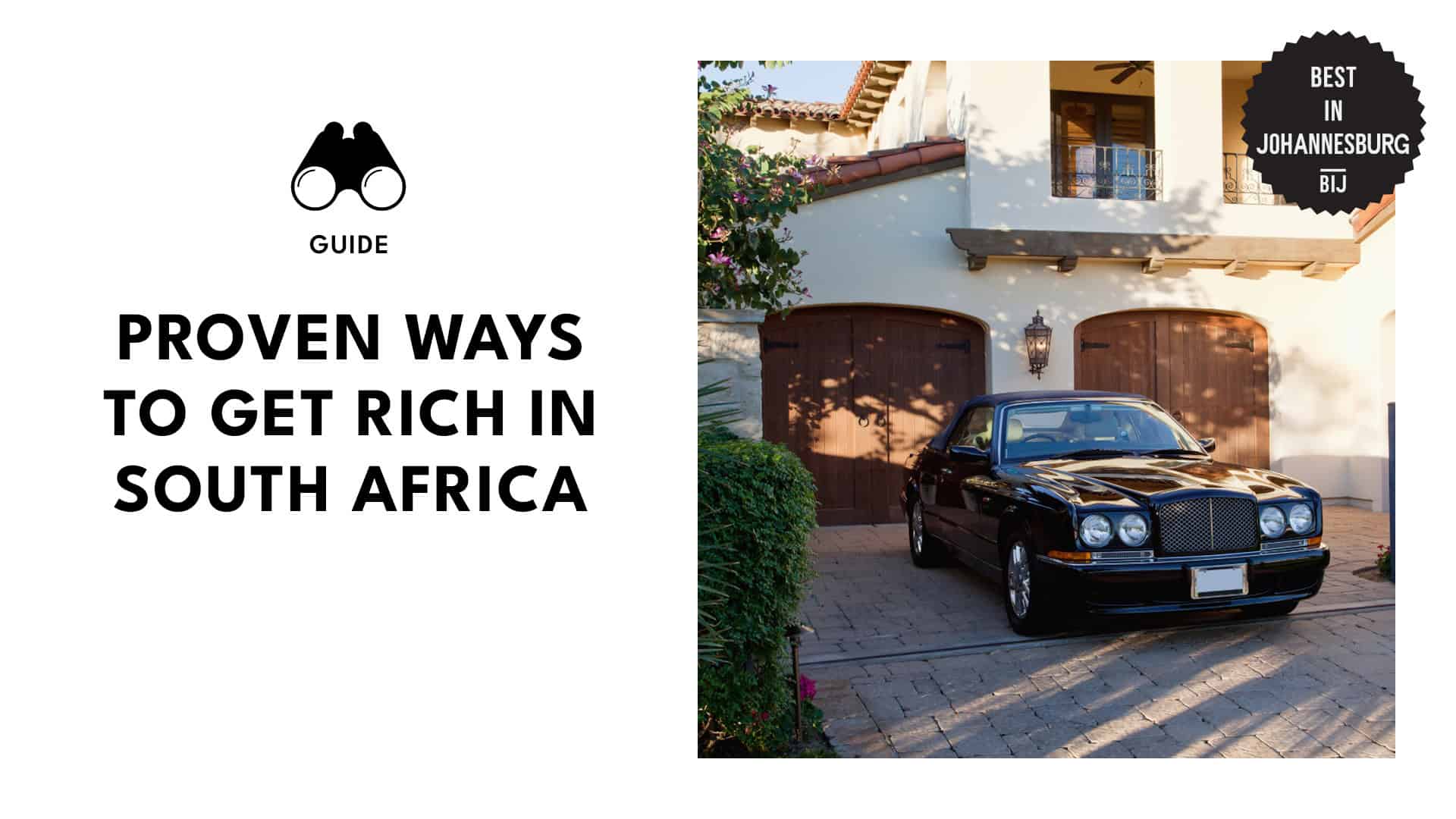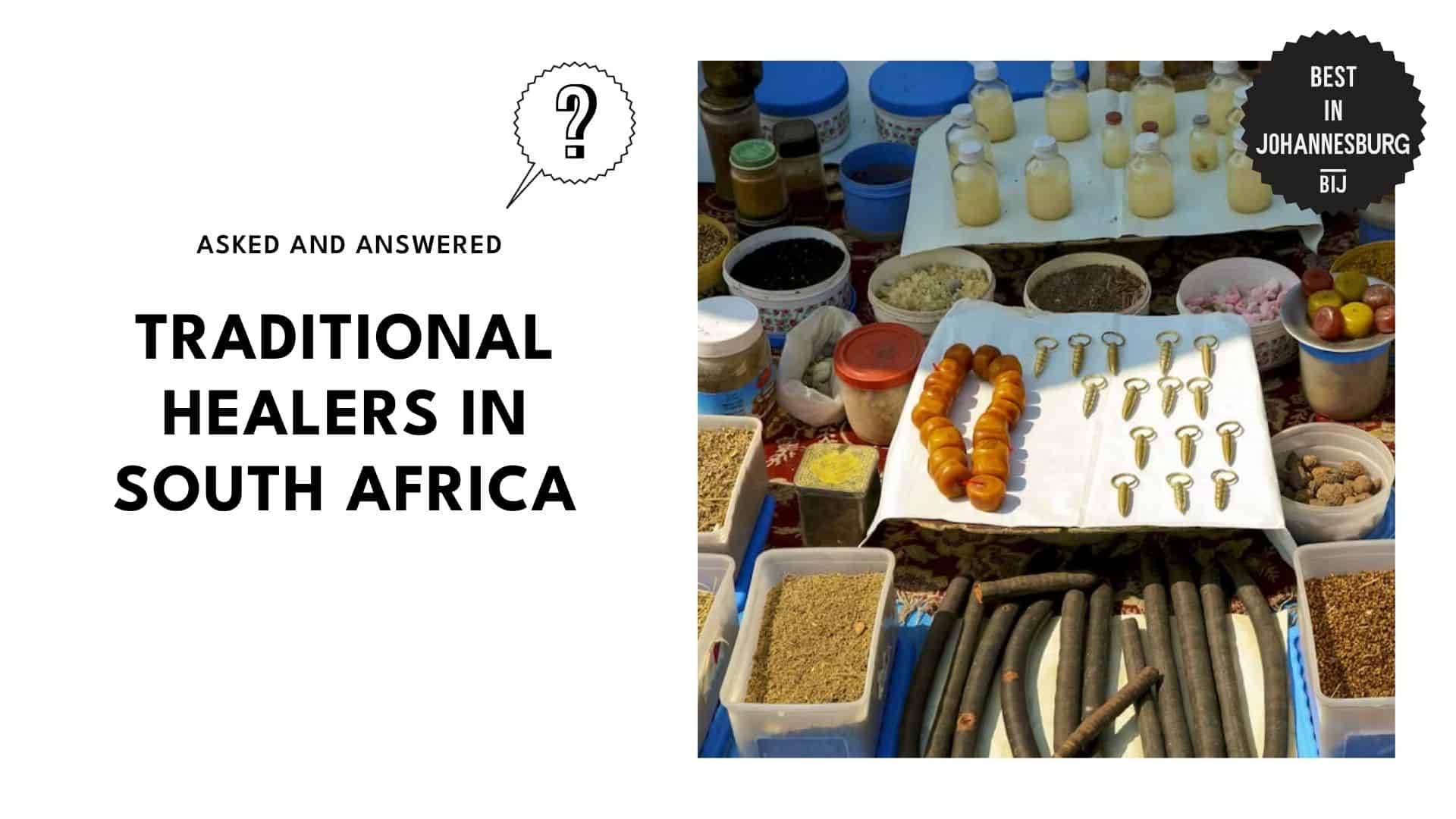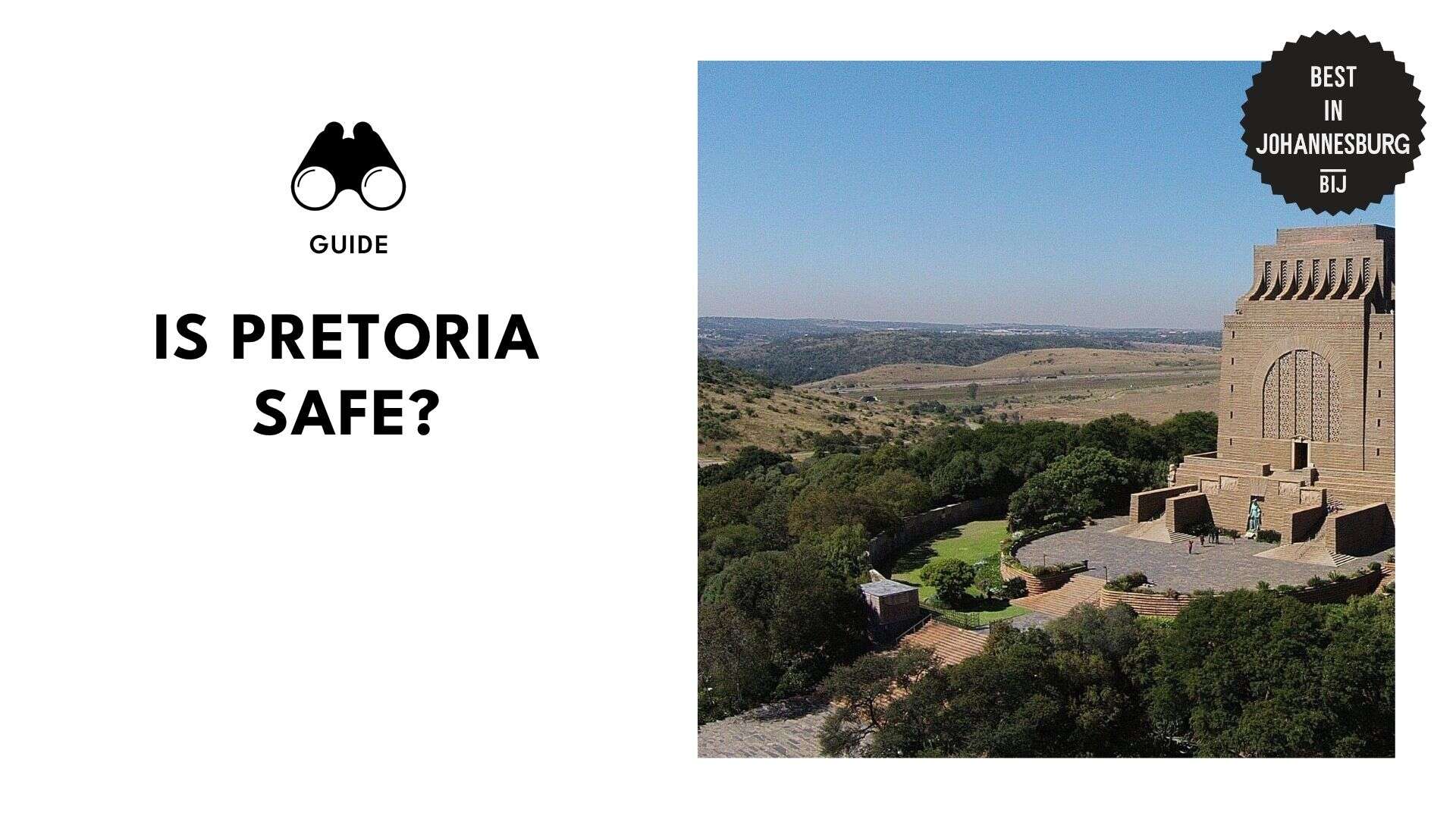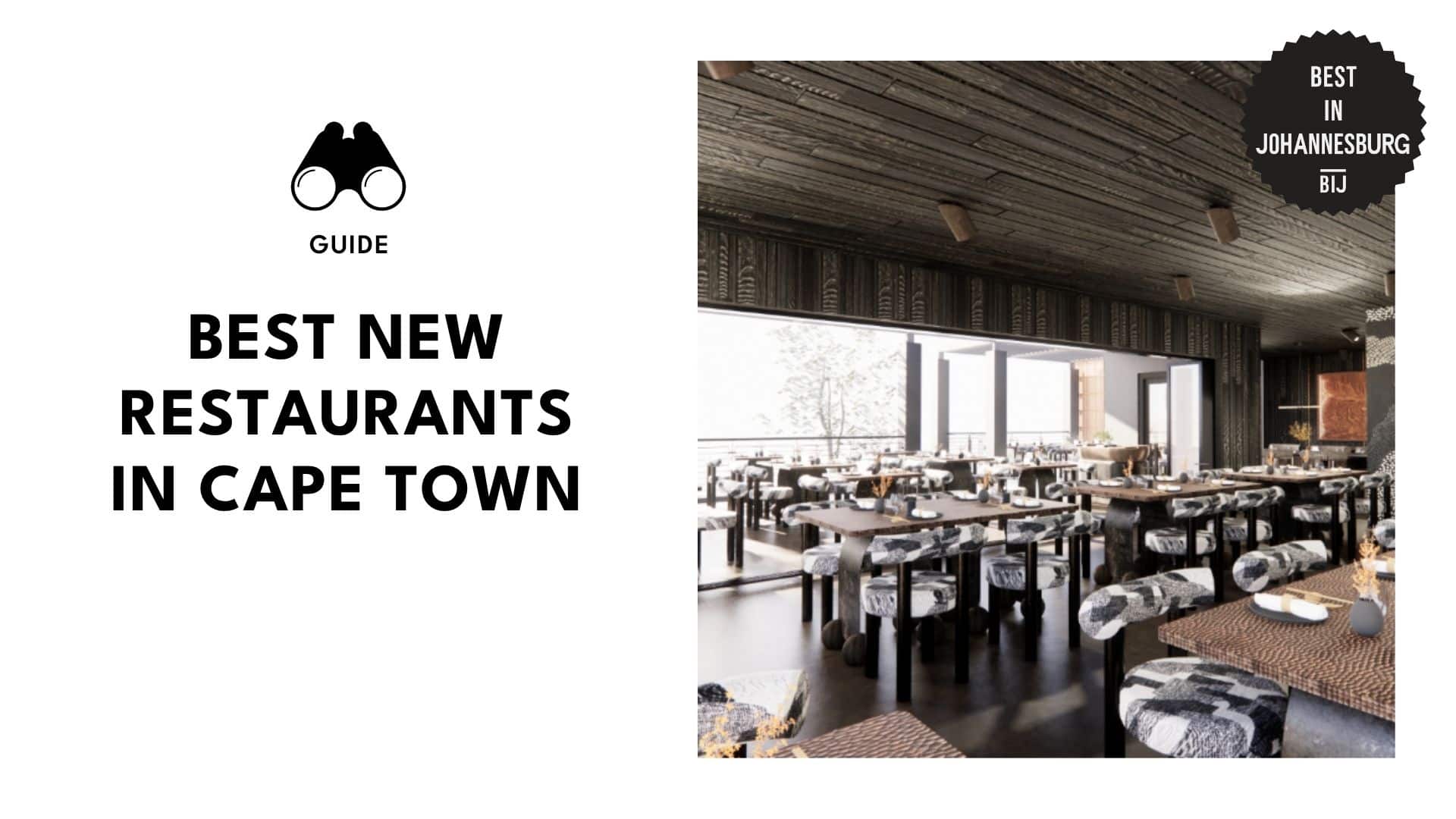Categories > Guides and Tips

Paving the Yellow Brick Road: How to Get Rich in South Africa
There’s more to getting rich than just working hard and trying your best in your day job. No, it’s not the casino (we’re not that lucky) or finding a genie.
To get rich in South Africa, you need to learn how to take risks, plan each investment, and look out for opportunities to become a big wig. There’s also the fact that you need a strategy (and sometimes, a whole lot of luck) to strike gold here.
I interviewed a couple of well-off friends and successful people who juggled their full-time jobs and side hustles to reach their goals. Here’s what we need to learn from the seasoned pros and hopefully jumpstart our journey to our path to richness!
Invest in real estate

Why should you invest in real estate in South Africa?
Real estate can generate income and possibly appreciate over the years if the location is great. Whether you’re planning to rent out your property or plan a commercial property, real estate is able to generate good cash flow over time.
I asked a good friend about the property she’s planning to sell in Cape Town, and it’s appraised to be ZAR 1,500,000 for a small one-bedroom apartment. She’s renting it for ZAR 20,000 monthly until she finds a buyer.
Honestly, that’s still a good source of extra income while waiting!
How can you invest in real estate?
- Investing in real estate in locations like Johannesburg, Cape Town, and Durban can reel in a lot of income for rentals or selling. These properties appreciate over time, as more people flock to the major cities for career opportunities.
- Erect a commercial building in one of the busiest restaurants and shopping hubs in the city (think of Victoria Wharf Shopping Centre) to attract potential renters (and hefty rents) so you can earn big.
- Cultivate crops for markets, restaurants, cafes, and even exporting. Agricultural property is one of the most lucrative real estate investments in South Africa. Might as well dream big, huh?
| Tip: Keep your credit score in good shape and do your due research. Look for the best location while being aware of the price tag of the property. |
Start a business

Why should you start a business in South Africa?
South Africa is a melting pot of unique cultures and arts, which makes it ideal to start businesses that could range from in-demand items (such as fashion) to specific products (traditional African skin care products).
A close friend of mine has a small bakeshop in Johannesburg, and she earns around a gross income of ZAR 100,000 per month. She still has rent, utilities, ingredients, and employees to pay, so her earnings could dwindle to around ZAR 35,000.
It’s a slow process, but with the right plan and strategy, it’s possible to expand and add more branches for better income.
How can you start a business?
- Save up on rental fees by starting an online business. It provides flexibility and allows a broader reach rather than focusing on one city.
- Open up your first store in the busiest hub in the city (such as Johannesburg’s Waterfall City) for accessibility and better branding.
- Get a franchise of a popular and established brand to make it easier. Franchise businesses usually have a fool-proof business model and plan that reduces risk.
| Tip: Before you start a business idea, make sure you do your research on your area and see what business you can do. When you finally decide on your product or service, start researching for suppliers and legalities needed to start your business. |
Invest in the stock market

Why should you invest in the stock market in South Africa?
According to the Sustainable Stock Exchanges Initiative (SSE), the Johannesburg Stock Exchange (JSE) is one of the largest stock exchanges by market capitalization in the world. They have the professionals ready to help you with your first investment.
A buddy of a friend said that consulting a stock exchange professional is crucial to your first stock purchase and investment. There’s more to just choosing the ideal stock since it also requires ideal market conditions (bull and bear cycles) and fluctuating interest rates.
They recommend doing a deep dive first with a trusted stock professional to help you make your first purchase.
How can you invest in the stock market?
- Exchange-traded funds (ETFs): ETFs are a combination of different assets (such as oil, gold, silver, and biotechnology) that are traded as stocks. This kind of investment allows you to create a more diversified portfolio and minimize the risk that comes with investing.
- Dividend stocks: Through this, you can get a share of your chosen company’s earnings depending on the arrangement (some pay annually, semi-annually, and even monthly). Commonly, the average dividend yield can reach around 12.69%
- Blue-chip stocks: Blue-chip stocks are shares of well-known and financially stable large companies that can withstand economic challenges. You can earn more shares with established and powerful companies (imagine Microsoft and Amazon) that pay large and stable dividends. It’s generally more expensive, so make sure you consult a professional before diving in.
| Tip: Try to avoid individual stocks if you’re just starting and a bit confused about how stocks work. (Honestly, my brain turns into mush trying to understand this!) A professional told me to stick to ETFs as a start to make losses hurt less! |
Pursue more certifications

Why should you pursue more certifications?
With South Africa’s booming economy, upgrading your skills and getting an additional certification can give you a career boost. You can pick more opportunities and even get a chance to haggle your preferred salary.
I managed to ask for a better hourly rate at my day job (I’m a virtual assistant) since I chose to learn how to do graphic design, project management, copywriting, and even photography. This allows me to become important in my company, which in turn rewards me with incentives and bonuses.
While it’s not exactly a step to becoming an instant millionaire, it’s definitely a way to make yourself valuable and desirable compared to other employees.
How can you get more certifications?
- School: Some universities, like SAE Institute South Africa, offer postgraduate certifications (such as communications and marketing) that could help boost your chances of getting employed in your dream field.
- Online courses: Websites like Coursera and Google offer certifications for skills like SEO and web development. They’re quite handy to have if you want to make your resume more appealing.
- Self-study: Some of my skills are learned the old-fashioned way—books and research. I taught myself how to do graphics and illustration, which has been handy in my field!
| Tip: Research more about your field and check out certifications that would benefit your career (such as project management certification for virtual assistants). Keep your eyes peeled for free courses in forums or ads before you pay for courses! |
Investing in tourism

Why should you invest in tourism?
South Africa is teeming with historical sites, heritage, wildlife, and scenic views, so starting a service that allows tourists and locals to explore these is a fine way to earn good money. There’s also a demand for older tourists as creating an itinerary isn’t their strongest suit.
A best friend said that being a tour guide is hard work but definitely lucrative if charged hourly. She charges ZAR 3,500 per day (which is 12 hours) for her guided tours. Sometimes, she earns 5–10% more from tips and gifts from happy clients.
It’s a fun and fulfilling way to earn more money. However, it requires a lot of research and constant web surfing to keep up with the latest trends and hottest places. It also needs a lot of social battery. (I can’t chat with curious tourists for long, so I can’t be a guide!)
How can you invest in tourism?
- Private touring services: Conduct historical and wildlife tours for tourists and make them open for customization. Allowing more choices for picky tourists can make your service more alluring to future customers.
- Offer niche services: A romantic picnic in Cape Point? High tea in Gold Reef City? Make your services attractive to tourists and locals to gather attention and recognition. There’s a long list of fun gimmicks available, but consult your local government first before you start!
- Cultural activities: Host a South African dining experience for curious tourists or create artworks that showcase African heritage (mask painting and such). This will not only be memorable but also a great souvenir from their trip.
| Tip: Start as an independent tour guide to get to know the tourism market first. To make yourself stand out from your competitors, apply for tour guide certifications, and add more valuable skills to your skillset (such as first aid). |





